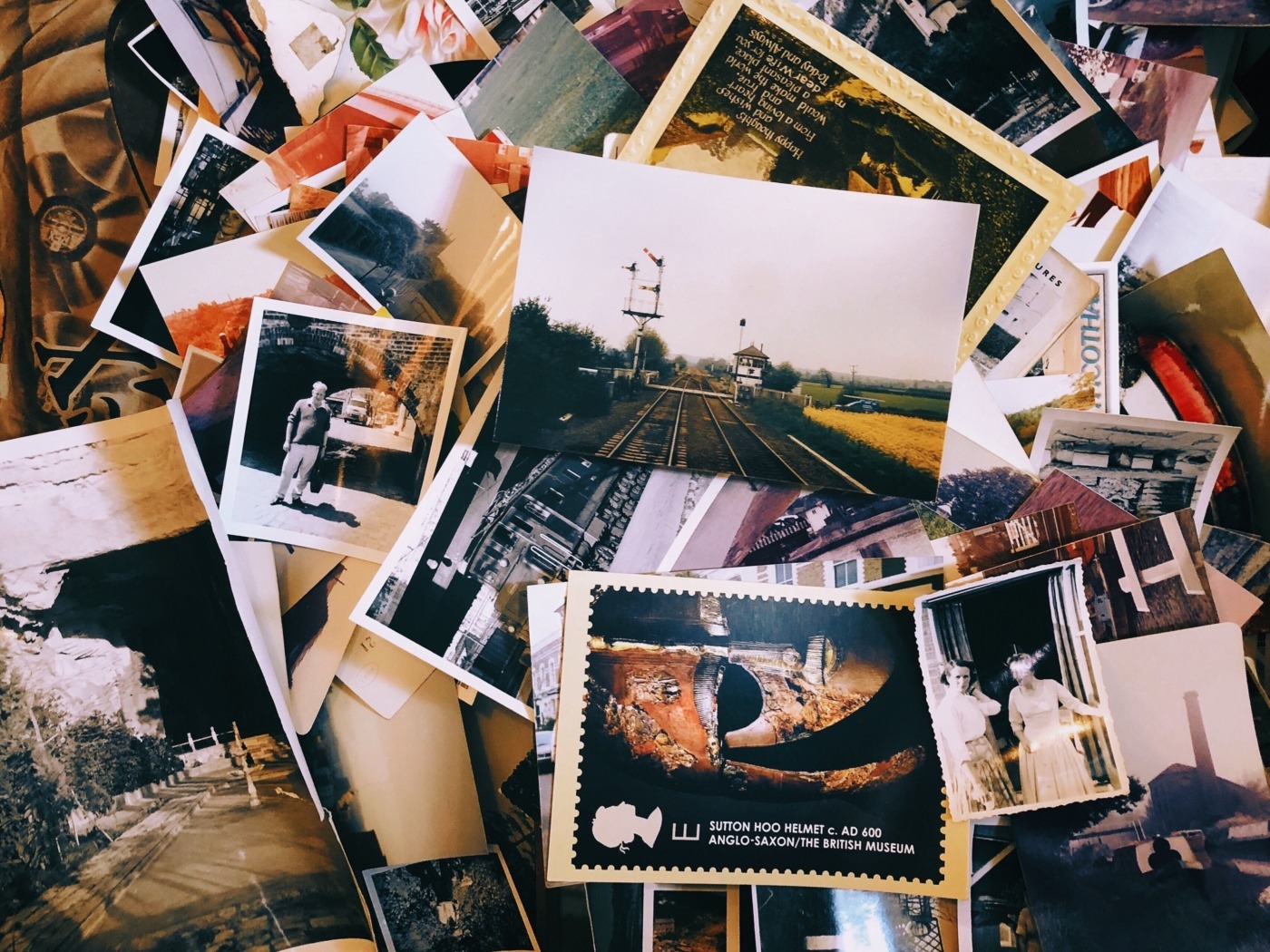Photos for a lifetime or just for your snapchat?
If you compare the photos you have of your childhood to the ones you have of yourself now, it is likely that there is a stark contrast in the quality, numbers and meanings attached. The childhood photos have a nostalgic feel, are few and far between. Printed, framed and stuck in an album, they evoke feelings of nostalgia. The modern image, however, might have less meaning. They could be blurry Snapchats, heavily filtered Instagram posts or selfies from random nights out you can’t recall.
For generations, photographs were taken on rare occasions. Personal photographs were cherished mementos of time spent with loved ones and in special places. These pictures, passed down through blood lines, relayed unforgettable experiences that could shape family history and give insight into past lives. They are often professionally printed, with a few handwritten lines on the back about the photo’s background.
With time, we forget to look around us and truly appreciate what our eyes are seeing
Now, the ability to take pictures is quite literally, always at our fingertips. We spend so much time on our phones that it can be ridiculously easy to take a quick snap of that cute dog we see on the street and get on with our day. Is it likely that we will cherish these pictures forever? Probably not.
For many, however, it becomes more than just a couple of photos. We use Snapchat as a baseline for communication, and soon, images lose their value. If we constantly take pictures of everything we see, at all times, have we lost our ability to appreciate photography and making memories?
The images we take often get saved and backed up to a device, never to be seen until you do a clear up of your hard drive. They get shared to social media, get a few likes, are slowly forgotten. With time, we forget to look around us and truly appreciate what our eyes are seeing. Rather, we take time to look at things through a camera on our phones, constantly wondering what people will think of them.
Perhaps it is worth trying to mimic our childhoods and only documenting truly unique experiences
At the same time, those images we take are not necessarily as picture perfect as they appear on social media. Many times, we spend hours filtering and editing them to become ‘better’ versions of ourselves, to project this image to those around us.
In a recent series of studies by Diana Tamir at Princeton University, it was revealed that externalizing experiences can prevent individuals from recalling their original experiences. The fact that we spend so much time trying to make our lives appear to be perfect could in fact be reducing our chances of remembering the experience at all. Which brings up the question – are images devaluing our experiences?
Whilst it can be incredible to have record of our experiences, it might be possible that not all experiences need to be photographed. In fact, we could create more memorable times by being more like those before us. Perhaps it is worth trying to mimic our childhoods and only documenting truly unique experiences. Not only could this help us improve our memory, it could help us improve our mental health.

Comments
Comments are closed here.